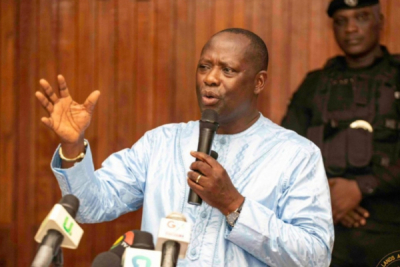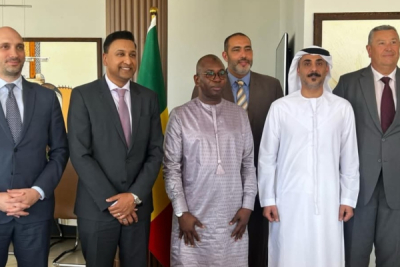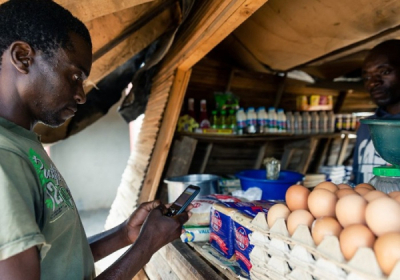Last year, the Mozambican government announced plans to introduce a digital economy tax beginning in 2024. Today, the focus of this tax has narrowed, specifically targeting foreign digital companies operating within the tourism sector.
The Mozambican Tax Authority (AT) recently drafted a bill to formalize the taxation of online transactions in the tourism sector. This initiative targets platforms such as Booking, Tripadvisor, and Hotels.com, aiming to regulate the digital economy and boost the country’s tax revenues.
Currently, these platforms collect commissions on bookings made for Mozambican tourist establishments without contributing to the national tax system. The proposed legislation, set to be introduced in the next legislative session, seeks to close this gap by taxing the income these companies generate in Mozambique.
Amorim Ambasse, director of the Digital Economy Taxation Unit at the Mozambican Tax Authority, explained that although these platforms lack a physical presence in Mozambique, they generate significant revenues that should be "taxable because they stem from economic activities conducted within Mozambique's borders."
This move comes against the backdrop of robust growth in Mozambique’s tourism sector. In 2023, tourism revenues reached $221.2 million, marking a 10.4% increase compared to 2022, according to Eldevina Materula, Minister of Culture and Tourism. The number of international arrivals also rose sharply, surpassing 1.1 million visitors in 2023—a 31% increase from the previous year.
The proposal aligns with a broader national strategy to regulate and tax the digital economy. By targeting foreign digital platforms, the government aims to not only enhance tax collection but also establish a level playing field for local businesses and foster healthy competition.
If enacted, this measure could magnify the impact of digital technology on Mozambique’s economic growth. It would enable the country to contribute to the $712 billion that Africa’s digital economy is projected to generate by 2050, according to estimates from the International Finance Corporation and Google.
By Melchior Koba,
Editing by Sèna D. B. de Sodji



















